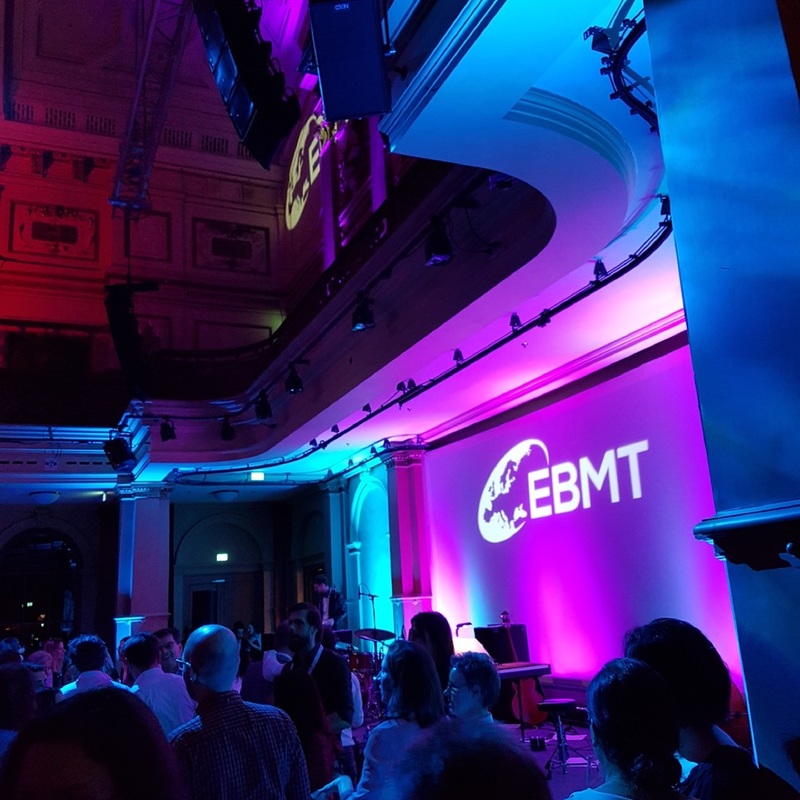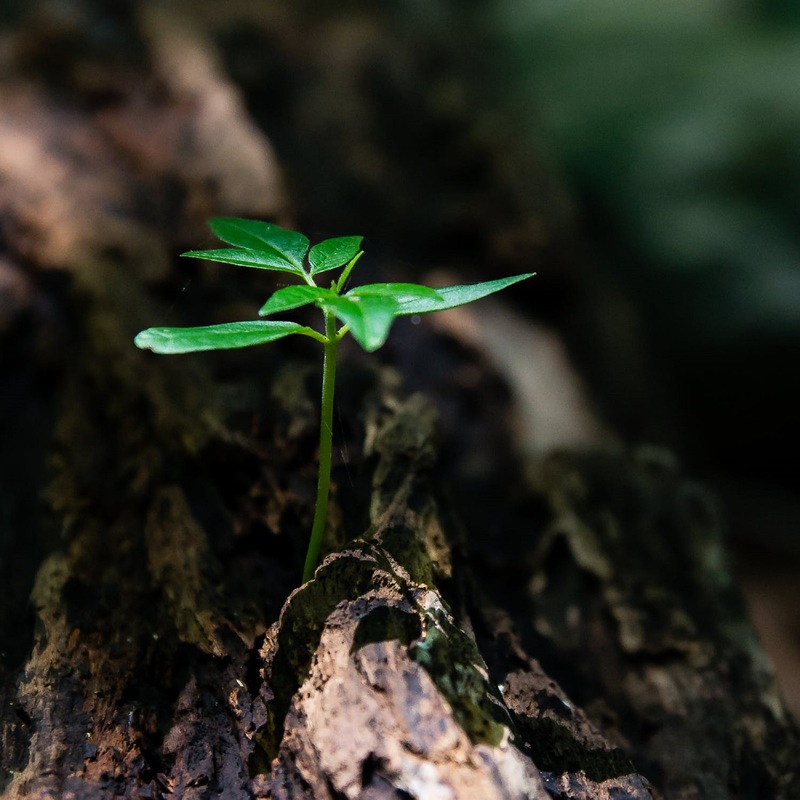Search
Demetrios Prize 2019: Machine Learning as an Adjunct to Medical Decision Making
DOI: 10.17160/josha.6.7.586
One of the winners, Nicolas Woitzik from Germany, evaluated in his thesis the textual clinical recommender system which represents a computerized clinical decision support system (CDSS). It analyses the patient’s discharge summaries with the help of information retrieval and natural language processing methods. It provides the user with a similar patient case out of a database to include this information into the user's decision-making process. We conducted an experiment to validate the correlation between the computed similarities by the new CDSS and the similarity judgment of medical experts, junior doctors, and medical students. Taken together, the retrieval system still needs improvements, either based on an improved retrieval algorithm or by additional features. However, it is likely that the performance of the system will improve the more discharge summaries a database contains like it was shown in this thesis.
Editorial Volume 6, Issue 6: Appreciating Arts, Science, and Humanities around the Globe
DOI: 10.17160/josha.6.6.580
After having celebrated our first 500K views in our Journal, we would like to thank all our readers and authors for their informative contribution and their interest in sharing knowledge with the world. As you may know, another way to share information with the World and connect with each other is our Demetrios Prizes every year. This month was all around this event and the awards of the winner who had submitted their works from many countries around the world.
A scientific galaxy lacking replications: on Ioannidis’ "In scientific method we don’t just trust or why replication has more value than discovery"
DOI: 10.17160/josha.6.7.579
In this article, I examine and outline a recent lecture at the US National Institutes of by Dr. Ioannidis. In his talk, he argues for the importance of reproducibility in science and emphasizes the immense value of replication over discovery. In his words, in most scientific disciplines, a discovery without replication is a boring nuisance. Also at the conference, Dr. Ioannidis proposes twelve families of solutions to increase the proportion of real research results.
VOTERS INDUCEMENT TECHNIQUES AND THE ELECTORAL PROCESS IN NIGERIA: A CASE OF THE 2017 OSUN WEST SENATORIAL BYE-ELECTION
DOI: 10.17160/josha.6.7.576
It is regarded that elections are the litmus test for a true democratic political system, since in democracies, the government derives its legitimacy from the people, and going by this democracy means nothing if the people's will are bought or manoeuvred by inducement. It is an undeniable fact that elections in the country amongst other factors determine on who gets what, when and how, as the political office seekers in the process tend to adopt techniques and strategies to gain the heart of voters. Using primary and secondary data, the paper was anchored on the social exchange theory to examine the nature and the extent of inducement strategies on the outcome of the Osun West senatorial bye election. The study reveals that the nature of inducement took the form of vote-buying and the sharing of other material incentives which influenced the outcome of the bye-election.
DEMETRIOS PRIZE 2019. The Winners!
DOI: 10.17160/josha.6.6.574
The JOSHA Team is very pleased to share with you information about our second Demetrios Prize 2019. For the categories BACHELOR, MASTER and DOCTORAL thesis the International Academy of Science, Humanities and Arts (IASHA e.V.) supported by the Biothera Foundation had selected 3 theses in each category and award a prize of € 500 each. Our editors have selected the winners and their manuscripts will be published in the Journal of Science, Humanities, and Arts - JOSHA, with a unique DOI for each paper. CONGRATULATIONS!!
The Principles of Cancer: A Metaphor of Life?
DOI: 10.17160/josha.6.6.572
While cancer is a complex disease with a multitude of clinical presentations, a few principles can be discerned. Cancer is old; it existed already in the earliest multicellular organisms. Cancer is natural; the older you get, you get cancer. Cancer can be considered as a “metaphor of life”; mutations are the backbone of cancer but also a prerequisite for the evolution of species (life). Still, many questions remain open: What is cancer, why does it exist and why can we not fight it successfully? Here, we propose entropy as the continuous-time stochastic principle (carcinogen) that forces to create the “parts” (mutations) and dictates them to reconstitute the “whole” (cancer). Artificial intelligence can help us to capture this “big picture” of cancer and to develop cancer therapies towards decreasing, instead of increasing, cellular entropy. Ageing process is probably orchestrated from the same entropy principle.
Between Military Resistance and Democratic Consolidation Epochs: Is Nigeria’s Civil Society Still Vibrant or Docile?
DOI: 10.17160/josha.6.6.570
This paper interrogates the historical role of the civil society in Nigeria’s political trajectory spanning through two fundamental epochs—military and democratic. Drawing inferences from a number of historical and comparative approaches, it argues that there is a seeming lull in civil society activism in Nigeria, since its return to democratic rule in 1999. This complacency, the paper argues, appears inextricably linked to Nigeria’s prevailing social, political and economic environment, in contrast to what obtained under military rule. The paper concludes with suggestions on how the civil society can contribute meaningfully to the country’s attempt towards democratic consolidation.
Editorial Volume 6, Issue 5. We reached the 500k in Views!!!
DOI: 10.17160/josha.6.5.568
With this editorial, we would like to celebrate with you that we have reached 500k views in our journal. Without your informative contribution and your interest in sharing knowledge with the world, Josha would have not achieved so much exile in such a short time. From our offices, we thank you and promise to continue to work to connect more authors around the world and continue to share important knowledge, because the knowledge that is not communicated is wasted knowledge. Thank you very much!
Recent developments and future directions in hematopoietic stem cell transplantation and cellular therapy.
DOI: 10.17160/josha.6.5.565
From March 23 to 27 2019 the 45th Annual Meeting of the European Society for Blood and Marrow Transplantation 2019 was held in Frankfurt, Germany. Along with the common topics of allogeneic hematopoietic stem cell transplantation (alloHSCT) such as improvements in conditioning regimens, treatment of graft-versus-host disease (GvHD) and reducing the risk of malignant relapse, a particular emphasis of the meeting was put on the rapidly expanding field of chimeric antigen receptor T cells (CAR T cells). The following article poses a personal selection of recent developments covered at the meeting.
More Than Welcome: A Berlin Call for University Ethics
DOI: 10.17160/josha.6.5.562
Democracy is under attack, as are human rights outside and inside the academy, and scholars are at risk. The keynote proposes ethics that calls on universities to truly welcome these scholars, with more than a benevolent gesture. Instead, the university must be the space for a truly cosmopolitan “education” via exchange among equals – which adds Alexander and Caroline to Wilhelm von Humboldt. This allows an “enlightened and active mind … to wander freely and widely”, as “one of the joys and rewards of human existence” – which is the version of the United Nations Committee on such human rights. This commitment to safeguard education and academic freedom justifies university autonomy; the way a university deals with scholars at risk is a litmus test of its practice, and its ability to contribute to democracy at all. Previously published in "Ordnung der Wissenschaft".

.jpg?1562059844)





.jpg?1559460199)

